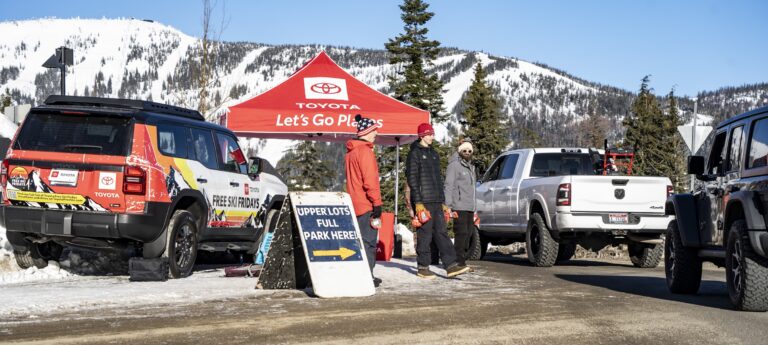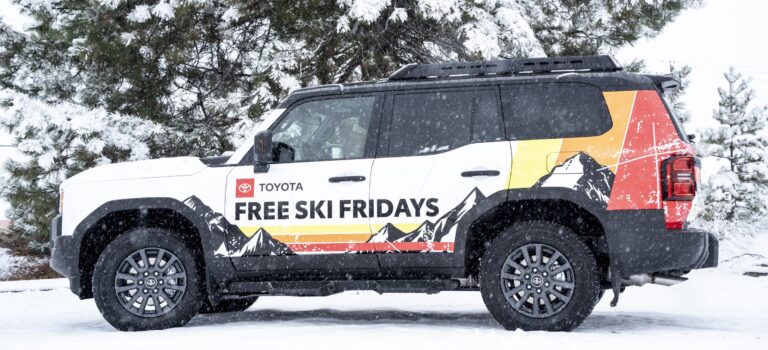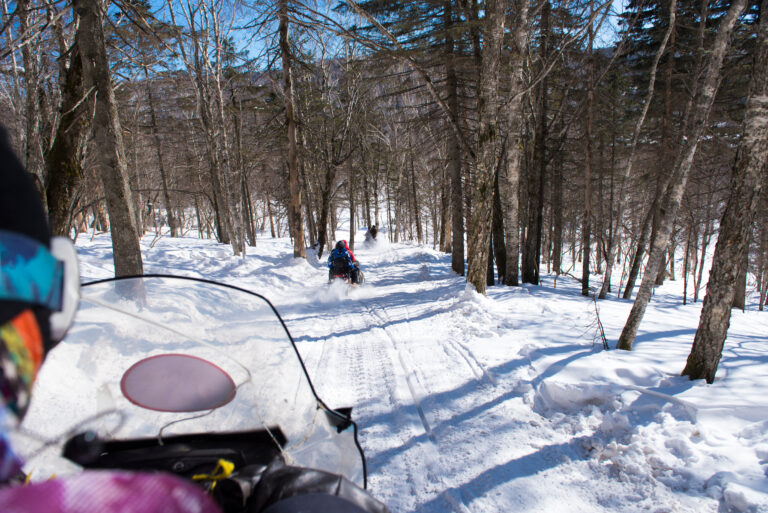The state of recreation is strong. And we’ve got to do something about climate change, or we’ll lose out on investments in access and infrastructure. Those are the headlines from a conversation about the state of recreation with Jon Snyder, the first Policy Advisor on Outdoor Recreation and Economic Development in the state of Washington (and the founder of this publication).
First, some good news. 13 of 14 local parks initiatives passed in the November elections, which is up from 2016 when only 70 percent of those issues passed. This means more money for trails and recreational facilities and more amenities to accommodate more users.
Snyder confirms that when it comes to access, it doesn’t get better than eastern Washington. “I didn’t realize it until I came over [to Seattle], but it’s not hard to find trails in Spokane where you are not going to see anyone—even in the city limits.” Eastern Washingtonians don’t suffer from overcrowded trails or problems with parking, and escalating debates about which users belong on which trails are a bit tamer.
“We’re also seeing a ground swell in trail planning,” says Snyder. He suggests keeping an eye on the trail planning and building efforts of the Chelan-Douglas Land Trust, checking out the Blue Mountain Regional Trails Plan near Walla Walla, and scoping the long-distance rail trail development at Willapa Hills State Park. Of course, he is also excited about the continued development of the Palouse to Cascades Trail (formerly known as the John Wayne Trail).
At the same time, the state of these trails and public lands is more tenuous than Snyder, or any of us, would like. “We’re already starting to tally up the cost of climate change,” Snyder says. His observations are backed by the National Climate Report, which is the most comprehensive evaluation of climate change’s effects on the nation’s economy, human health, agriculture, and environment. The introduction to the report’s Northwest chapter explains what’s at stake:
“The Northwest is known for clean air, abundant water, low-cost hydroelectric power, vast forests, extensive farmlands, and an array of outdoor recreation that includes hiking, boating, fishing, hunting, and skiing. Warming and related changes in climate are already affecting aspects of the Northwest’s identity such as its natural resource economy and its cultural heritage that is deeply embedded within the natural environment.”
We can all help by choosing a new year’s resolution that reduces our dependence on fossil fuels. Make a commitment to change at least one habit. Mine is to transition more of my weekend recreation pursuits into weekday habits—like riding my bike to work in foul weather and not just when it’s nice out. Any resolution related to transportation (take a bus three days a week), home energy usage (employ drying racks to dry clothes), or consumption (switch from beef to chicken, or eat a more vegetarian diet) will help ensure that we will continue to enjoy our investments in the Northwest’s natural resources for centuries to come. //













